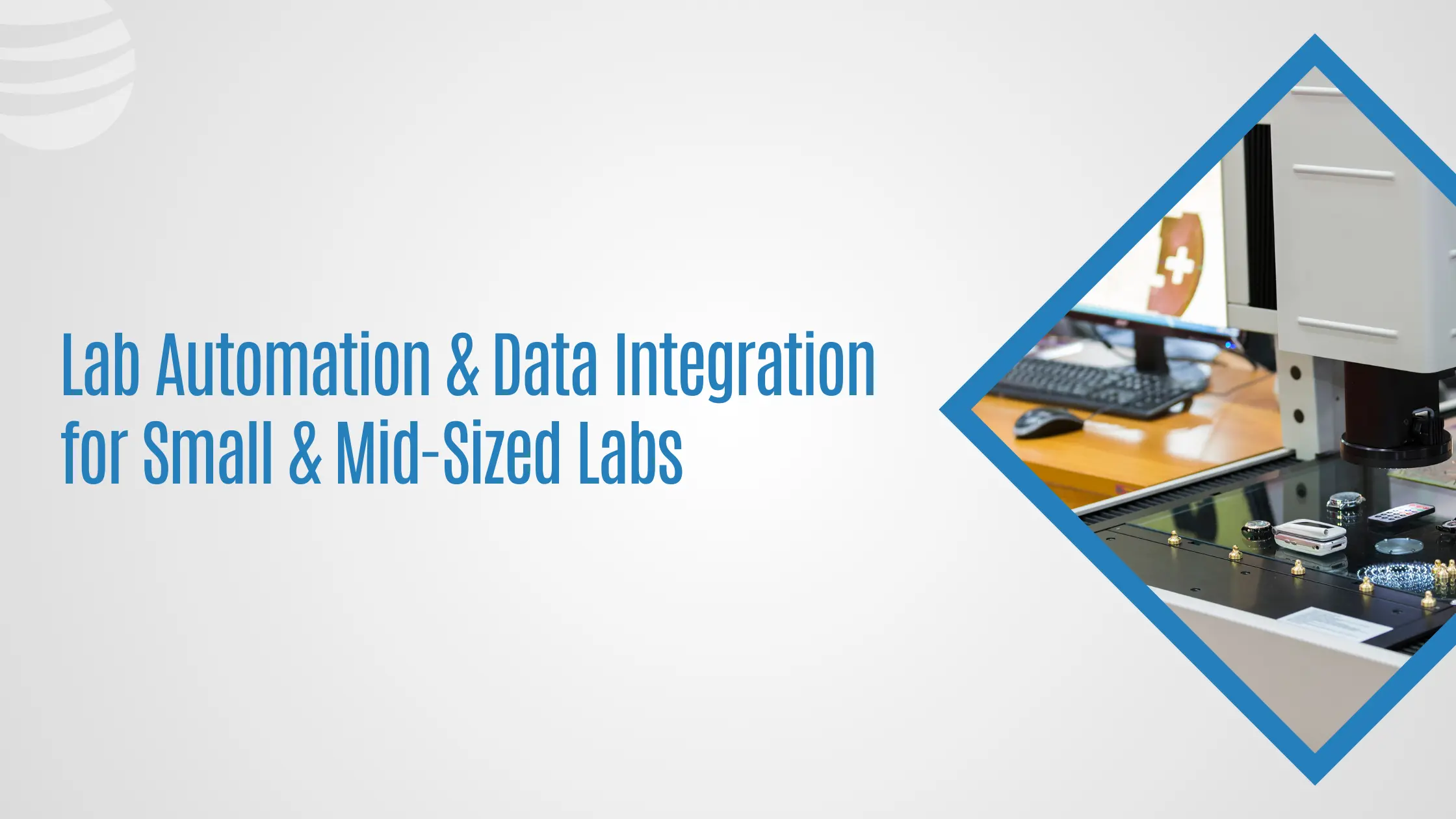

Customizing LIS Software to Meet Your Lab’s Unique Needs
Laboratory Information Systems (LIS) are essential tools for managing data, processes, and workflows in laboratory environments. However, the effectiveness of an LIS can be significantly enhanced through customization, allowing labs to tailor the software to their specific operational needs. This article explores the importance of customizing LIS software, the benefits it offers, and key considerations for labs looking to implement tailored solutions.
What is LIS Software?
A Laboratory Information System (LIS) is a software solution designed to manage laboratory data and processes. It facilitates the collection, storage, and analysis of data generated during laboratory operations. Key functions of an LIS include:
- Sample Management: Tracking samples from collection to analysis.
- Data Management: Storing and retrieving test results and patient information.
- Reporting: Generating reports for regulatory compliance and internal use.
- Integration: Connecting with other systems such as Electronic Health Records (EHR) and Laboratory Management Systems (LMS).
Why Customize LIS?
Every laboratory has unique workflows, regulatory requirements, and operational challenges. Customizing LIS software allows labs to:
- Enhance Efficiency: Tailored workflows can streamline operations, reducing turnaround times.
- Improve Accuracy: Customized reporting formats ensure that data is presented in a way that meets specific needs.
- Facilitate Compliance: Custom features can help ensure adherence to industry regulations.
Benefits of Customizing LIS Software
Customizing your LIS can lead to numerous advantages that enhance overall laboratory performance:
1. Tailored Workflows
Custom workflows allow labs to align the software with their specific processes. This can include:
- Automated Processes: Automating repetitive tasks reduces human error and frees up staff for more critical activities.
- Flexible Reporting: Labs can create reports that meet their unique requirements without unnecessary data.
2. Improved Data Management
A customized LIS enhances data management capabilities by:
- Integrating with Existing Systems: Seamless integration with other software ensures that all systems communicate effectively.
- Enhanced Data Security: Custom solutions can implement specific security measures tailored to the lab’s needs.
3. Regulatory Compliance
Compliance with regulations such as ISO 15189 or CLSI is crucial for laboratories. Customized LIS can help by:
- Implementing Quality Control Measures: Tailored quality control features ensure that labs meet required standards.
- Facilitating Audits: Customized reporting formats simplify the audit process.
4. Cost Efficiency
Investing in a customized LIS can lead to long-term cost savings by:
- Reducing Operational Costs: Streamlined processes decrease the time spent on tasks, leading to lower labor costs.
- Optimizing Resource Allocation: Better management of resources minimizes waste and improves productivity.
Key Considerations for Customizing LIS Software
When considering customization of your LIS, several factors should be taken into account:
1. Identify Specific Requirements
Before embarking on a customization project, it is essential to identify your lab’s specific needs:
- Consult with Stakeholders: Engage with lab personnel to understand their challenges and requirements.
- Evaluate Current Workflows: Assess existing processes to identify areas for improvement.
2. Choose the Right Vendor
Selecting a vendor experienced in developing customized LIS solutions is critical:
- Check Experience and Reputation: Look for vendors with a proven track record in the healthcare industry.
- Assess Support Services: Ensure that the vendor provides ongoing support and training after implementation.
3. Define Scope and Timeline
Clearly defining the scope of customization helps manage expectations:
- Set Realistic Goals: Outline what you hope to achieve through customization.
- Establish a Timeline: Create a project timeline that includes milestones for development and testing.
4. Testing and Validation
Before full implementation, thorough testing is crucial:
- Conduct Pilot Testing: Run tests on the customized system to identify any issues before going live.
- Gather Feedback: Involve end-users in testing to ensure the system meets their needs.
5. Provide Training and Support
Once customization is complete, proper training is vital:
- Develop Training Programs: Create comprehensive training sessions for all users of the system.
- Offer Ongoing Support: Ensure that users have access to support resources for troubleshooting.
Future of Customized LIS Solutions
As laboratories continue to evolve, the demand for customized LIS solutions will grow. Innovations in technology such as artificial intelligence (AI) and machine learning (ML) are paving the way for more sophisticated systems that can adapt dynamically to changing lab environments.Key Trends Include:
- Increased Automation: More labs are adopting automation technologies within their LIS for enhanced efficiency.
- Integration with AI Tools: AI-driven analytics can provide deeper insights into lab operations, improving decision-making processes.
- Cloud-Based Solutions: Cloud technology allows for greater flexibility and scalability in managing lab data.
Customizing Laboratory Information Systems offers significant advantages that enhance operational efficiency, improve accuracy, and facilitate compliance with regulatory standards. By carefully considering specific needs, selecting the right vendor, and ensuring thorough training and support, laboratories can successfully implement tailored solutions that meet their unique challenges. As technology continues to advance, embracing customization will be vital for labs aiming to stay competitive in an evolving landscape.In summary, investing in a customized LIS not only streamlines laboratory operations but also positions labs for future growth and success in an increasingly complex environment.





